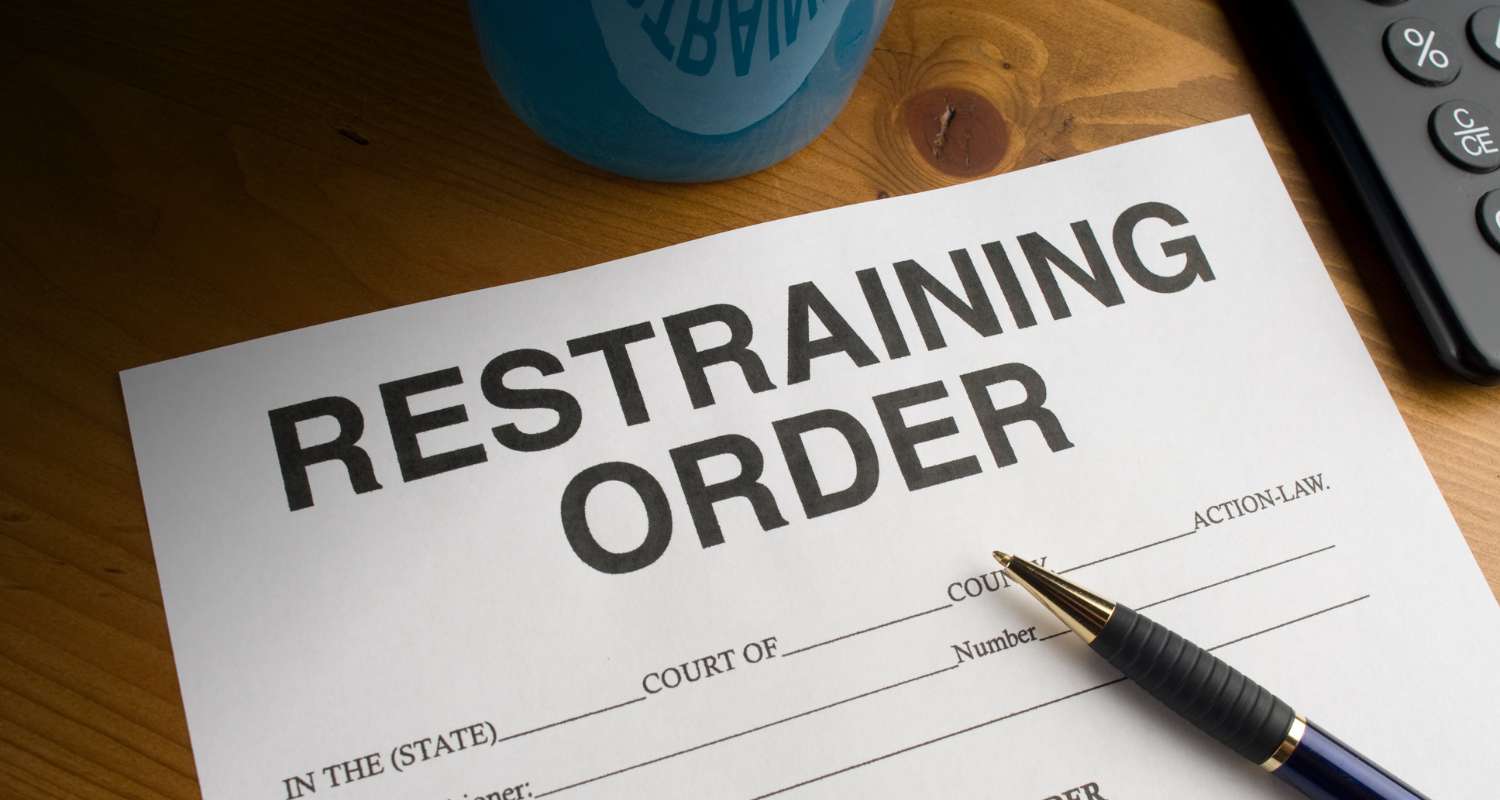What Happens If You Violate A Restraining Order In Texas?

Violating a restraining order in Texas is serious. You face consequences that can change your life. Restraining orders protect individuals from threats or harm. Breaking them can lead to arrest and fines. In Texas, penalties for violating a restraining order include jail time and possible criminal charges. The court takes these violations seriously to ensure safety for everyone involved. You might feel overwhelmed by legal proceedings if you find yourself in this situation. It is important to know your rights and the steps to take. A legal expert’s guidance can make a difference in understanding your options. If you or someone you know needs help, you can schedule a free consultation with a legal professional. This way, you get clarity on what to expect and how to proceed. Your actions have consequences. It’s crucial to act wisely and seek guidance when dealing with restraining order violations.
Understanding Restraining Orders
A restraining order, also known as a protective order, is a legal order issued by a court to protect individuals from harm or harassment. In Texas, these orders are usually related to cases of domestic violence, stalking, or harassment. They are designed to prevent further contact between the victim and the accused. The order specifies prohibited actions such as approaching the victim’s home, workplace, or communicating in any form.
Consequences of Violating a Restraining Order
Breaking a restraining order is a criminal offense. Immediate arrest is possible if the order is violated. Legal consequences include:
- Jail Time: Depending on the severity, an offender may face up to one year in county jail.
- Fines: Violators could be required to pay fines up to $4,000.
- Criminal Charges: A violation can lead to misdemeanor or felony charges based on the circumstances.
Potential Legal Pathways
If charged with violating a restraining order, several legal pathways exist. Seeking legal counsel is advisable for navigating these complexities. Key steps include:
- Understanding the terms of the restraining order and the nature of the alleged violation.
- Gathering evidence and witness testimonies that might support your case.
- Preparing for court hearings by consulting with a lawyer.
Texas Law: A Closer Look
Texas law categorizes restraining order violations under various statutes depending on the nature and frequency of the violation. Repeated offenses often result in harsher penalties. Understanding Texas law’s stance on restraining order violations can aid in preparing a defense or preventing further violations.
Data Table: Penalties for Violating a Restraining Order in Texas
| Offense | Jail Time | Fines | Charge Type |
| First Violation | Up to 1 year | Up to $4,000 | Misdemeanor |
| Repeated Violation | 1-10 years | Up to $10,000 | Felony |
Preventive Measures
Prevention is crucial. Here are ways to avoid violating a restraining order:
- Familiarize yourself thoroughly with the order’s terms.
- Avoid any contact, direct or indirect, with the protected person.
- Keep a safe distance from locations specified in the order.
Seeking Legal Assistance
If you are accused of violating a restraining order or are a victim, it’s vital to consult with a legal professional. They provide guidance on next steps and legal rights. Legal experts offer clarity on the implications and prepare you for court proceedings. For reliable advice, contact professionals and ensure informed decisions.





